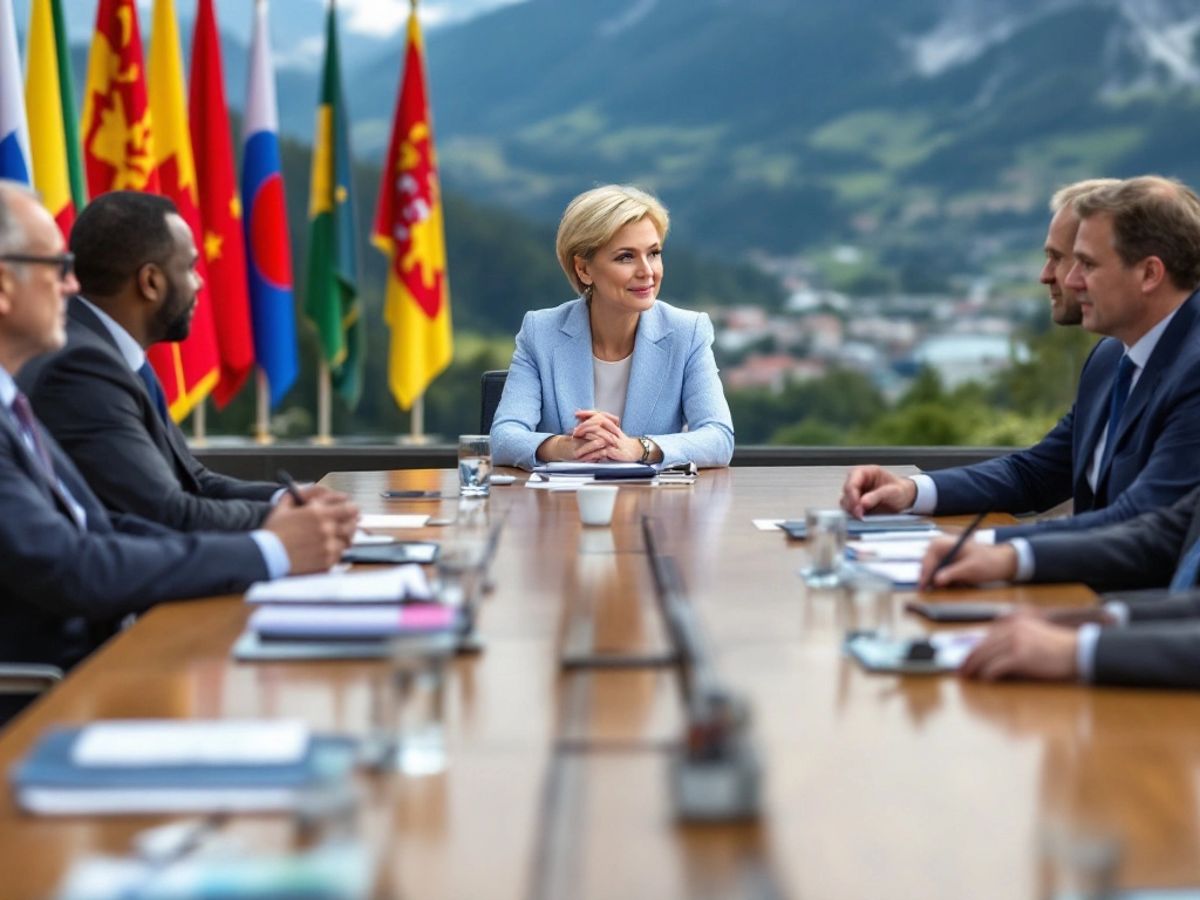President of the European Commission Ursula von der Leyen concluded her fourth annual tour of the Western Balkans, emphasizing the EU’s Growth Plan for the region. During her visit, she engaged with regional leaders and addressed key issues affecting the countries involved, while also promoting necessary reforms to secure EU funding.
Key Takeaways
- Growth Plan Promotion: Von der Leyen highlighted the EU’s Growth Plan aimed at fostering economic development in the Western Balkans.
- Reform Agendas Approved: Five out of six Reform Agendas were approved, with funding contingent on their implementation.
- Support for Bosnia and Herzegovina: The EU is ready to assist Bosnia and Herzegovina in finalizing its Reform Agenda.
- Constitutional Changes in North Macedonia: The need for constitutional amendments was a focal point during her discussions in North Macedonia.
- Flood Relief in Bosnia: The EU mobilized EUR 20 million for immediate aid following recent floods in Bosnia and Herzegovina.
- Montenegro’s EU Aspirations: Montenegro’s goal to join the EU by 2028 was deemed ambitious yet achievable.
Overview of the Visit
Von der Leyen’s tour began in Albania, where she delivered a keynote address at the newly opened College of Europe campus. Her discussions with regional leaders focused on the importance of reforms and the EU’s commitment to the region’s integration.
Reform Agendas and Funding
On the first day of her visit, the European Commission approved five out of six Reform Agendas adopted by the Western Balkan governments. The approval is crucial as it paves the way for the release of EU funding to the six countries until 2027, contingent upon the successful implementation of these reforms.
Bosnia and Herzegovina has yet to submit its Reform Agenda. Von der Leyen expressed the EU’s readiness to assist in finalizing this agenda, emphasizing the importance of collaboration in achieving reform goals.
Engagement with Regional Leaders
Throughout her visit, von der Leyen met with heads of state and government, except for Serbian Prime Minister Miloš Vučević, whose meeting was canceled after he met with a Russian minister. In her discussions, she praised the reform efforts of the countries but faced criticism, particularly from the Serbian opposition.
In North Macedonia, von der Leyen addressed the constitutional changes required for the country to progress in its reform process, a condition set by Bulgaria. Prime Minister Hristijan Mickoski reiterated his stance that any constitutional amendments should take effect only upon the country’s accession to the EU.
Humanitarian Aid and Recovery Efforts
In Bosnia and Herzegovina, von der Leyen visited areas affected by recent floods and announced that the EU has mobilized EUR 20 million from its Solidarity Fund for immediate assistance. The EU also committed to supporting the reconstruction and recovery efforts in the region.
Conclusion of the Tour
Von der Leyen concluded her visit in Montenegro, where she assessed the country’s goal of EU membership by 2028 as ambitious but achievable. She noted that Montenegro could still close several negotiating chapters this year, and expressed optimism about the upcoming annual report from the European Commission, which is expected to have a positive tone regarding Montenegro’s progress.
This visit underscores the EU’s commitment to the Western Balkans and the importance of reforms in achieving economic growth and integration into the European Union.






